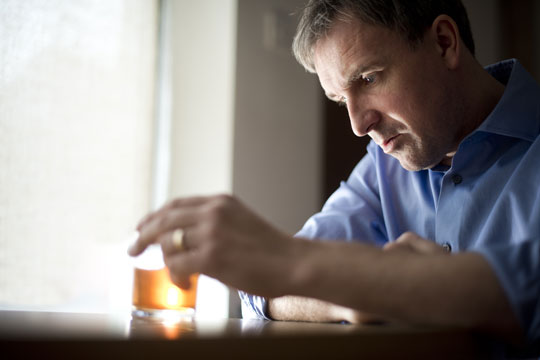What’s Harm Reduction?
Harm reduction recognizes that a person’s relationship to drugs and alcohol is often complex, and takes a non-judgmental approach to helping people reduce the negative impact of substance use, abuse or dependence in their lives.
We’re going to leave judgment and labels at the door. They don’t help.
Our work focuses on you and your particular situation: how you personally experience the effects of drugs and alcohol in your life and your own sense of how that works or doesn’t work for you, rather than on external labels and absolutes.
One essential Harm Reduction principle, that is qualitatively different from the 12-Step model, is that any amount of improvement is a good thing.
If your substance use tendencies are changing, and making your life better as a result, we’ll recognize that as a success.
We’ll look at the effects of substance use on your life in many different situations and learn a number of practical strategies for keeping the price of moderate use from becoming too high for you. We focus on preventing harm, rather than universally preventing substance use.
If you’re curious about how Harm Reduction therapy might help your particular situation and goals, email or call me at 415/820-1590 for a FREE consultation.
Thinking About Substance Use Differently
Are there alternatives to 12-Step treatment?
- People are telling me that my drug and alcohol use is a problem. How do I figure out if they’re right?
- Alcoholics Anonymous and Narcotics Anonymous aren’t for me. What else can I do?
- Is complete abstinence really the only way to deal with a drug or alcohol issue?
Problems around the use of drugs or alcohol come in many forms, and each person’s path to health is different. You might be thinking that the way you use alcohol or drugs is getting in your way, and it might be time to make a change. 12-Step groups like Alcoholics Anonymous (AA) are very popular, and many people think they’re the only way to get help. But there are other options. Lots of people take a look at these popular techniques and for various reasons feel that they want another approach.
Enter Harm Reduction.
Questions and Concerns
Does Harm Reduction really work?
Multiple studies have concluded that Harm Reduction techniques resulted in not only reduced substance use, but also improvement in many other important life areas – decreased depression and anxiety, better relationships, stability at work, and improved self-esteem.
What if I don’t know what my goals are — just that there seems to be a problem?
That’s fine, and a great place to start. We’ll focus on your life — not anyone else’s standard. And we’ll work together to determine what approach to substance use work gives you the best outcome.
Doesn’t Harm Reduction just encourage more substance use?
Harm Reduction encourages you to take an honest look at the effects of your substance use by recognizing where and when the behavior’s risk is too high. This type of work encourages you to use your own agency and decision-making from situation to situation, so that you get to decide and follow the wisest behavior for yourself — whether that be using in moderation or refraining from use entirely — in any given situation.
What’s the goal?
The goal is for you to form a healthy relationship between yourself and any drugs or alcohol you might use, so that your life can proceed with a minimum of harm. And so that you always know that you have agency over your own life.
I’ve been using Harm Reduction therapy for 15 years to achieve positive results for many clients, and I’ve been teaching these techniques to student and early-career therapists.


